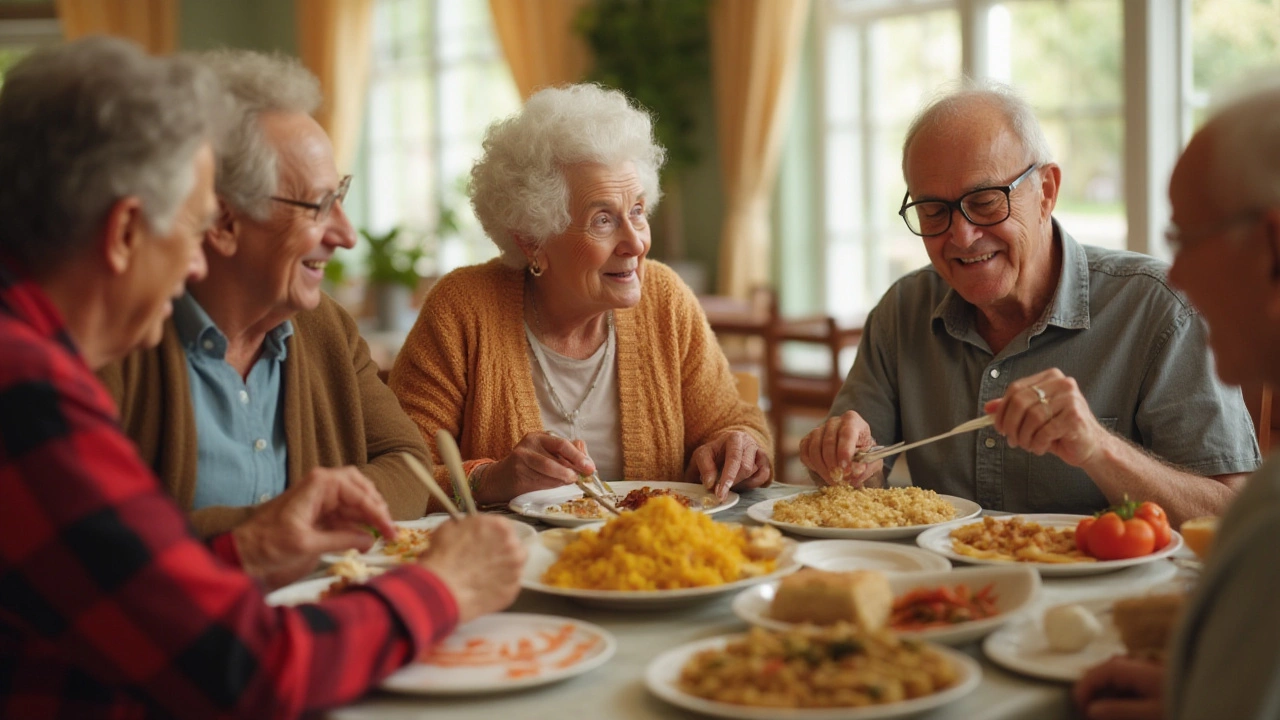Food Banks in Virginia – Your Quick Guide to Find, Donate, and Volunteer
If you or someone you know is struggling to put meals on the table, the first place to look is a local food bank. Virginia has a network of pantries, soup kitchens, and mobile distribution sites that serve every county. Below you’ll get clear steps to locate the right one, understand eligibility, and get involved without any hassle.
How to Find a Food Bank Near You
Start with the Virginia Department of Social Services website – they keep an up‑to‑date list of all certified food banks and their service areas. You can also type “food bank near me” into Google; the map results usually highlight the nearest pantry, hours, and contact numbers.
Another easy shortcut is the Feeding America locator. Just enter your zip code and you’ll see a handful of options, ranging from big regional warehouses in Richmond to small community kitchens in Roanoke.
Don’t forget local churches and schools. Many run supplemental feeding programs that don’t require a formal application. Call ahead, ask about any ID or income verification they need, and note the drop‑off times.
Ways to Help: Donate, Volunteer, and Support
Donate food. Non‑perishable items like canned beans, pasta, and rice are always in demand. Some banks also accept fresh produce, dairy, and meat if you have a refrigerated truck. Check the pantry’s list before you buy – they often need specific items for holiday meals.
Donate money. Cash gives food banks flexibility to buy what’s missing, cover transportation costs, or expand services. Most locations have a simple online portal; a modest monthly contribution can feed a family for weeks.
Volunteer. Shifts usually run 2‑4 hours and you can help sort boxes, pack meals, or deliver food to senior centers. No experience is required, just a willingness to roll up your sleeves. Sign‑up sheets are usually on the pantry’s website or at the front desk.
Spread the word. Share the pantry’s contact info on social media, or organize a food drive at your workplace or school. Even a small flyer in a community center can bring new donors and volunteers.
Remember, eligibility rules differ by county. Some banks serve anyone who shows up, while others prioritize families with children, seniors, or veterans. If you’re unsure, just call the intake line – the staff will guide you through the paperwork.Finally, keep a list of the nearest food banks in your phone contacts. Emergencies happen, and having the numbers handy saves time when you need help fast.
Virginia’s food banks rely on community generosity. By knowing where to go, what to give, and how to pitch in, you become part of a system that puts food on plates every day. Get started today – a quick search or a short call could change a life, maybe even yours.
Discover Virginia's Senior Food Programs: Essential Support for Seniors
Virginia offers a variety of senior food programs aimed at addressing the nutritional needs of the elderly community. These programs focus on providing healthy and balanced meals to ensure seniors maintain good health. From organized food banks to home delivery services, eligible participants receive essential nutrition without the burden of sourcing it themselves. Understanding the eligibility criteria and application process can help more seniors benefit from these initiatives. With community support, these programs continue to thrive, promoting both health and social interaction among seniors.
Read More